
“When a princess captures a jinn and makes a wish, she is transported to the fiery world of the jinn, while the jinn must take her place in the royal court of Baghdad”–

“When a princess captures a jinn and makes a wish, she is transported to the fiery world of the jinn, while the jinn must take her place in the royal court of Baghdad”–
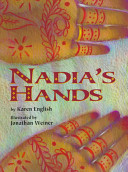
A Pakistani-American girl takes part in her aunt’s traditional Pakistani wedding.

With reverence, splendid majesty, and grace, award-winning artist Demi celebrates the life of Jesus and creates a book to be treasured for all time.
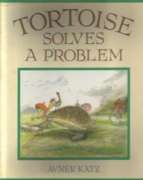
In the days before tortoises had shells, one talented young tortoise sets out to design the perfect house for his fellow crawlers.
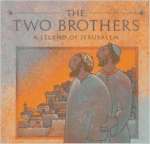
Two brothers who love each other dearly inherit their father’s land and live on opposite sides of a hill. When King Solomon witnesses the brothers’ simple acts of kindness, a miracle occurs, leading to the creation of the holy temple and ancient city of Jerusalem.
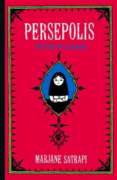
The great-granddaughter of Iran’s last emperor and the daughter of ardent Marxists describes growing up in Tehran in a country plagued by political upheaval and vast contradictions between public and private life.

A Chinese grandfather and his grandson who are captured by the Arab army barter for their freedom by demonstrating the art of papermaking.
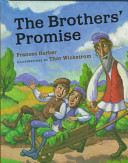
When the brothers Yankel and Josef keep their promise to their dying father by sharing with one another, they cause the angels in heaven to weep with joy. A retelling of a story found in the Talmud.
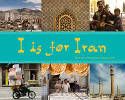
From Bazaar to Naan, from Chelo-kabab to Rugs, this book celebrates everything we love best about Iran. In this land of ancient legends, art and poetry, we like our streets shady, our tea black and our bread hot from oven, but most of all we like to be with our relatives and friends.